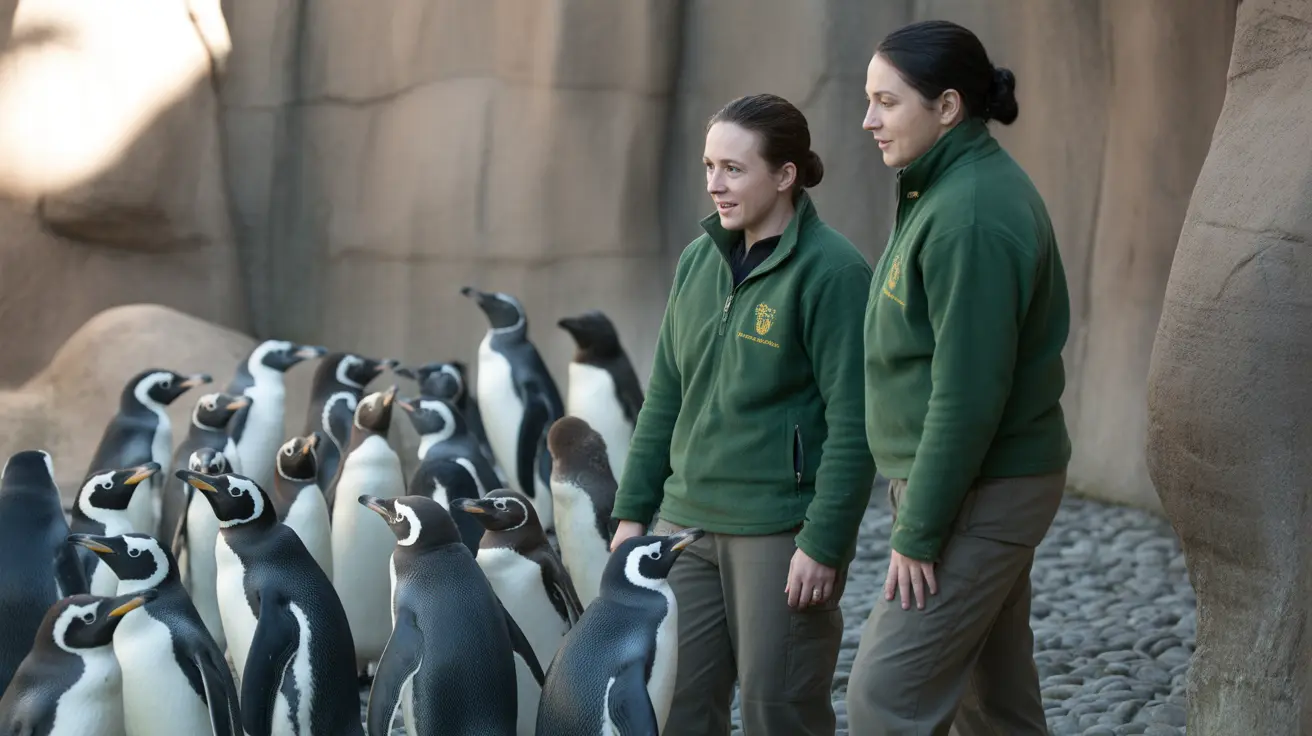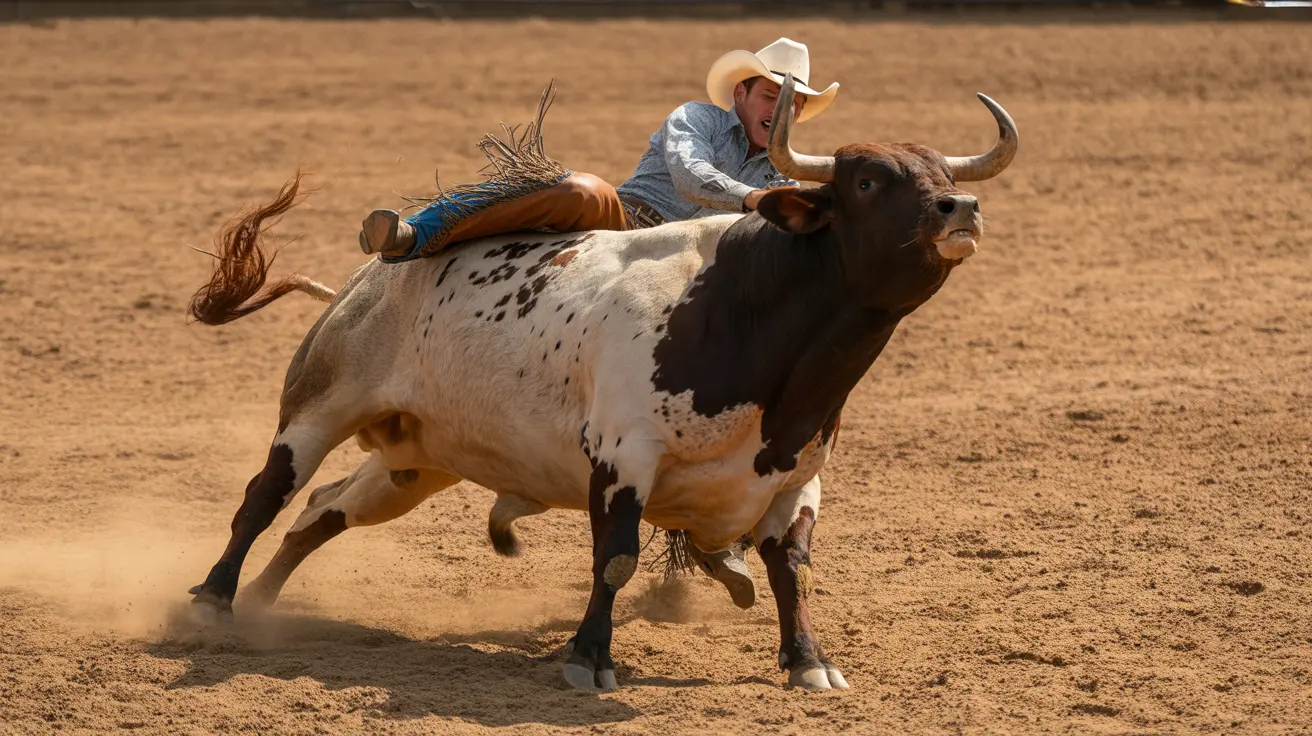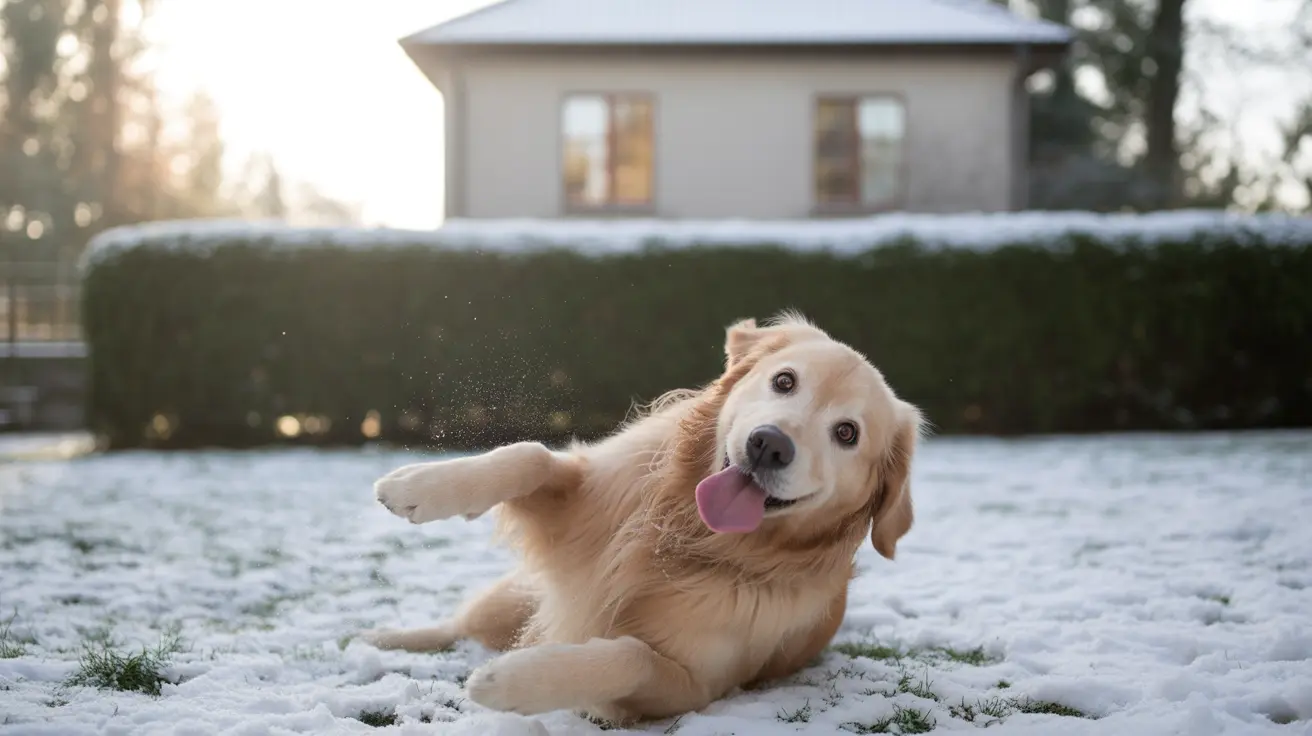Understanding the Glen of Imaal Terrier: Ireland's Unique Working Dog
The Glen of Imaal Terrier stands out among terrier breeds for its rich Irish heritage, distinct physical traits, and loyal temperament. Developed in the remote Glen of Imaal in County Wicklow during the 1600s, this rare breed has a fascinating history intertwined with rural life and traditional farm work.
Physical Characteristics and Appearance
This medium-sized terrier boasts a rectangular body, short bowed legs, a broad head, and a powerful chest. Its most notable feature is the wiry, medium-length double coat, which comes in shades like wheaten (a warm beige), blue (a steel-gray), or brindle (a mix of dark and light streaks). Males typically weigh between 32–40 pounds (14–18 kg) and stand about 12.5–14 inches (32–36 cm) tall at the shoulder; females are slightly smaller but equally robust.
- Build: Long-bodied with strong bone structure
- Coat: Weather-resistant double coat requiring regular grooming
- Colors: Wheaten, blue, brindle
A Glimpse Into Their History
The breed's origins trace back to when Flemish hounds were brought to Ireland by soldiers granted land in Wicklow. By crossing these hounds with local terriers, farmers created a dog both tough and versatile. The Glen was bred primarily to hunt vermin—rats, badgers, foxes—and even otters. One quirky historical job? Acting as a "turnspit dog," running inside wheels that rotated meat over open fires.
- Origin: Glen of Imaal, County Wicklow, Ireland
- Main jobs: Vermin control, farm work, turnspit tasks
- Recognition: Irish Kennel Club (1934), American Kennel Club (2004)
Temperament: Loyal Yet Independent
The Glen of Imaal Terrier is hardy, alert, intelligent, and confident. Unlike many terriers that are always on high alert or excitable, Glens tend to be calmer but remain bold and energetic when it's time for activity. They're affectionate with their families—often forming deep bonds—and enjoy being involved in daily routines.
This breed is generally quiet and not prone to excessive barking. However, their strong prey drive means they may not always get along with small animals or unfamiliar pets. Early socialization helps curb wariness around strangers and other dogs.
- Loyal and affectionate with family members
- Tend to be quieter than many terriers but still alert watchdogs
- Best suited for homes where they're not left alone for long periods
- Playful with children if properly supervised; robust play style means close supervision is wise around younger kids
Caring For Your Glen: Exercise & Environment
Moderate daily exercise keeps Glens happy—think walks around the neighborhood or play sessions in a secure yard. They're adaptable enough for both city apartments and rural homes as long as their activity needs are met. Because they love to dig and chase (that prey drive again!), secure fencing is essential.
Puppies shouldn't be encouraged to jump or run down stairs before their growth plates close (usually between 9–12 months) to prevent joint injuries.
Grooming Essentials: Keeping That Coat Healthy
The Glen's double coat requires weekly brushing to remove dead hair and prevent matting—pay special attention around the ears, neck, legs, and belly. Hand-stripping two or three times per year keeps the coat harsh-textured and weather-resistant; frequent bathing isn't necessary since it can soften the coat too much.
- Nails: Trim regularly to avoid overgrowth or splitting.
- Ears: Check weekly for wax buildup or debris; clean as needed.
- Dentition: Brush teeth regularly for dental health.
Lifespan & Health Concerns
The average lifespan is 10–15 years. Most Glens are healthy if sourced from responsible breeders who screen for genetic issues such as hip/elbow dysplasia or progressive retinal atrophy (especially cone-rod dystrophy). Regular veterinary checkups help catch problems early. Obesity increases joint stress—so keep treats limited!
Mental Stimulation & Training Tips
This breed is smart but sometimes stubborn; repetitive training sessions can bore them quickly. Use positive reinforcement—treats, praise, games—and keep lessons short but varied for best results. Early socialization helps them become well-adjusted adults comfortable with new people and situations.
- Puppy classes: Help build confidence around other dogs/people.
- Puzzle toys & games: Prevent boredom at home.
- Scent work/dog sports: Earthdog trials or agility tap into their instincts.
The Ideal Home For A Glen of Imaal Terrier
If you want an affectionate companion who's sturdy enough for outdoor adventures yet calm enough indoors—a dog with character but not excessive energy—the Glen could fit right in. They thrive when included in family activities rather than left alone all day. Provide companionship, exercise (both mental and physical), consistent training—and you'll have a devoted friend who brings both fun and loyalty into your home.





